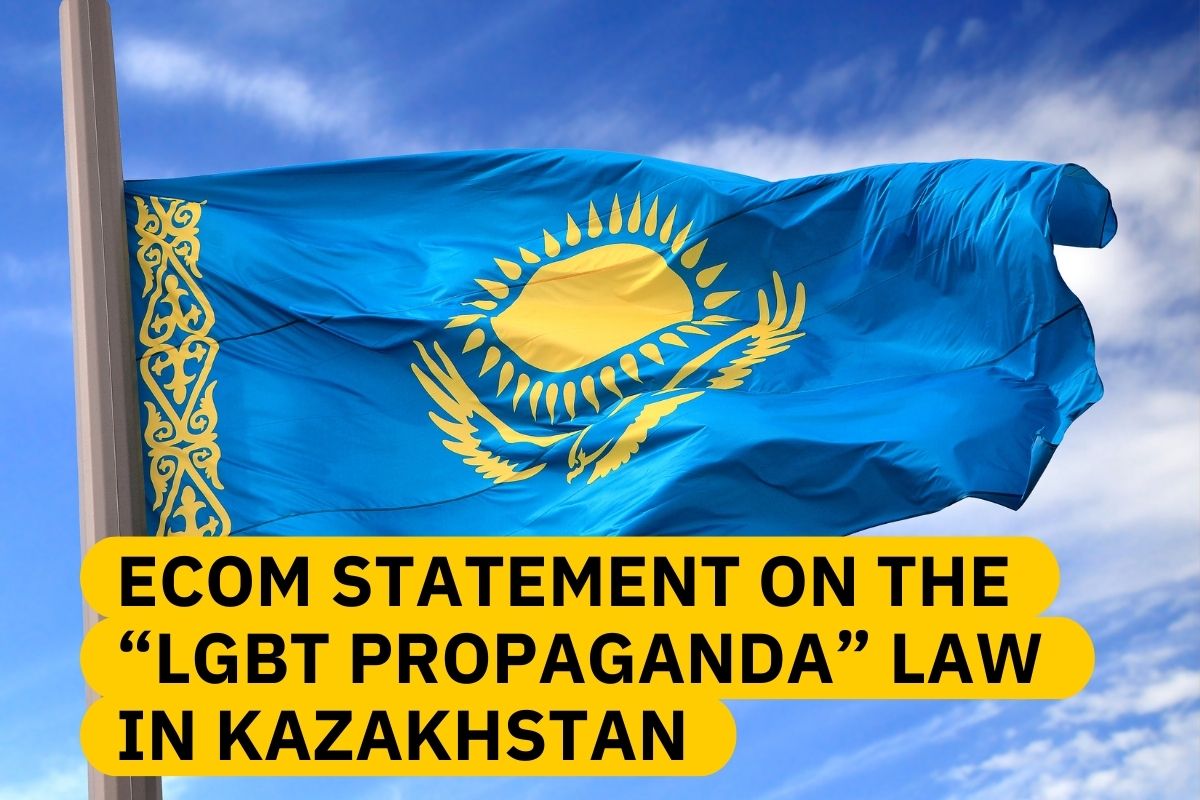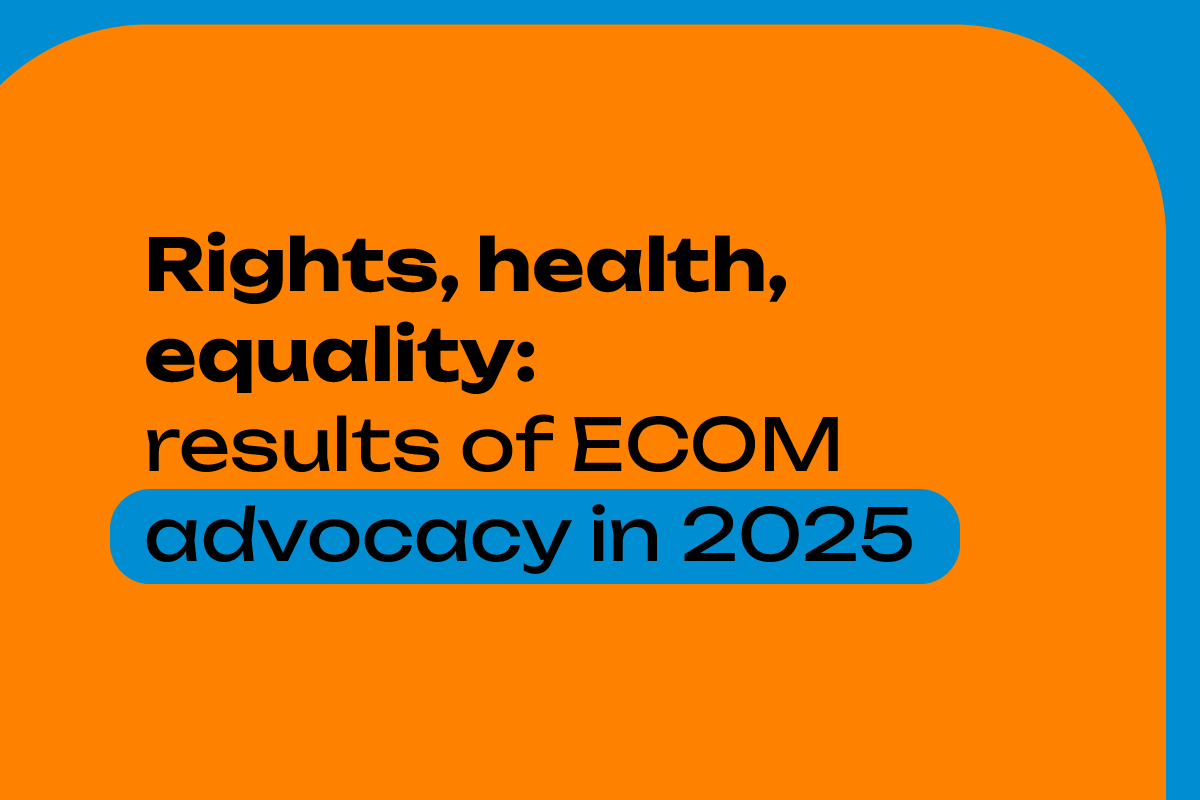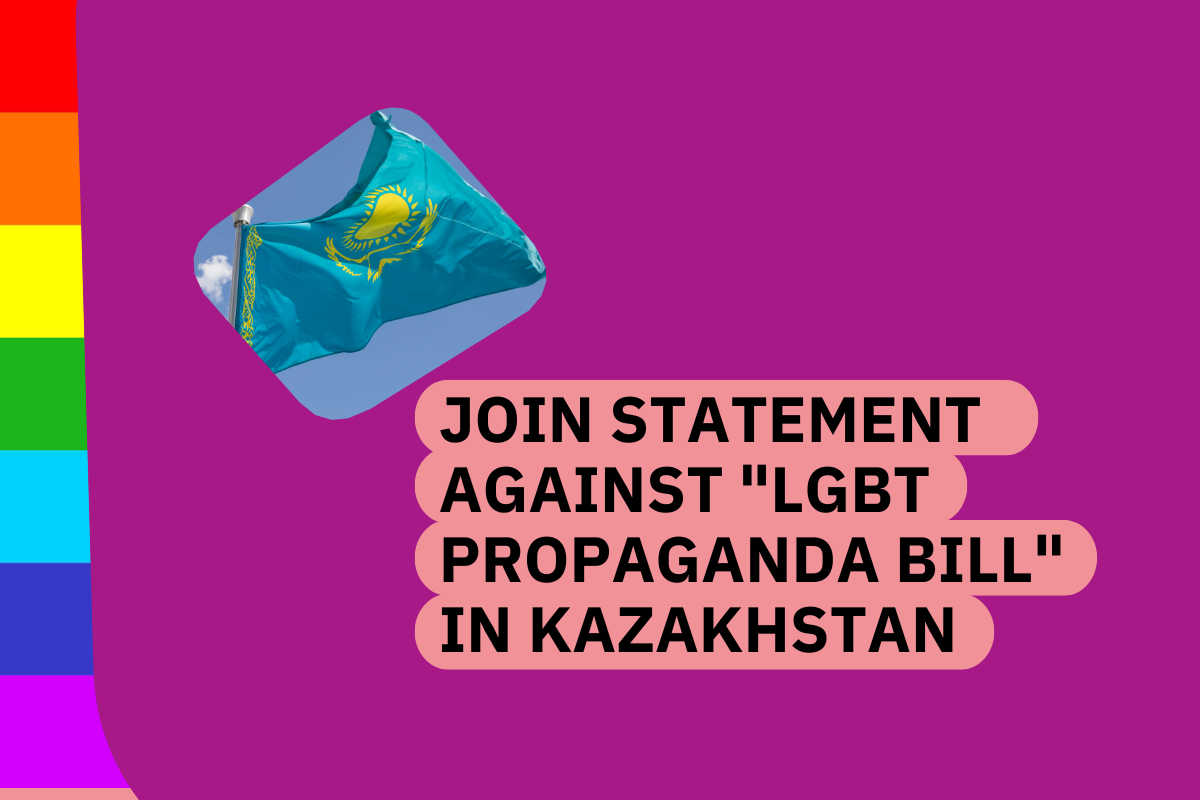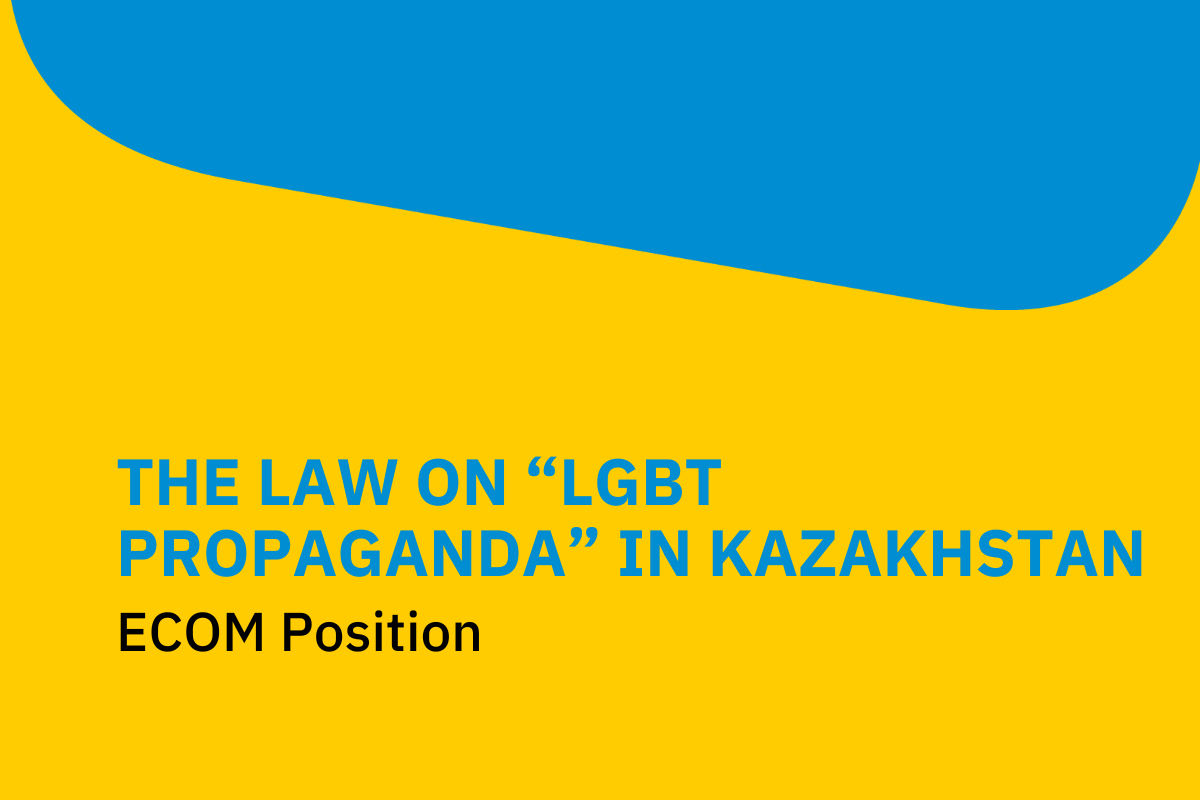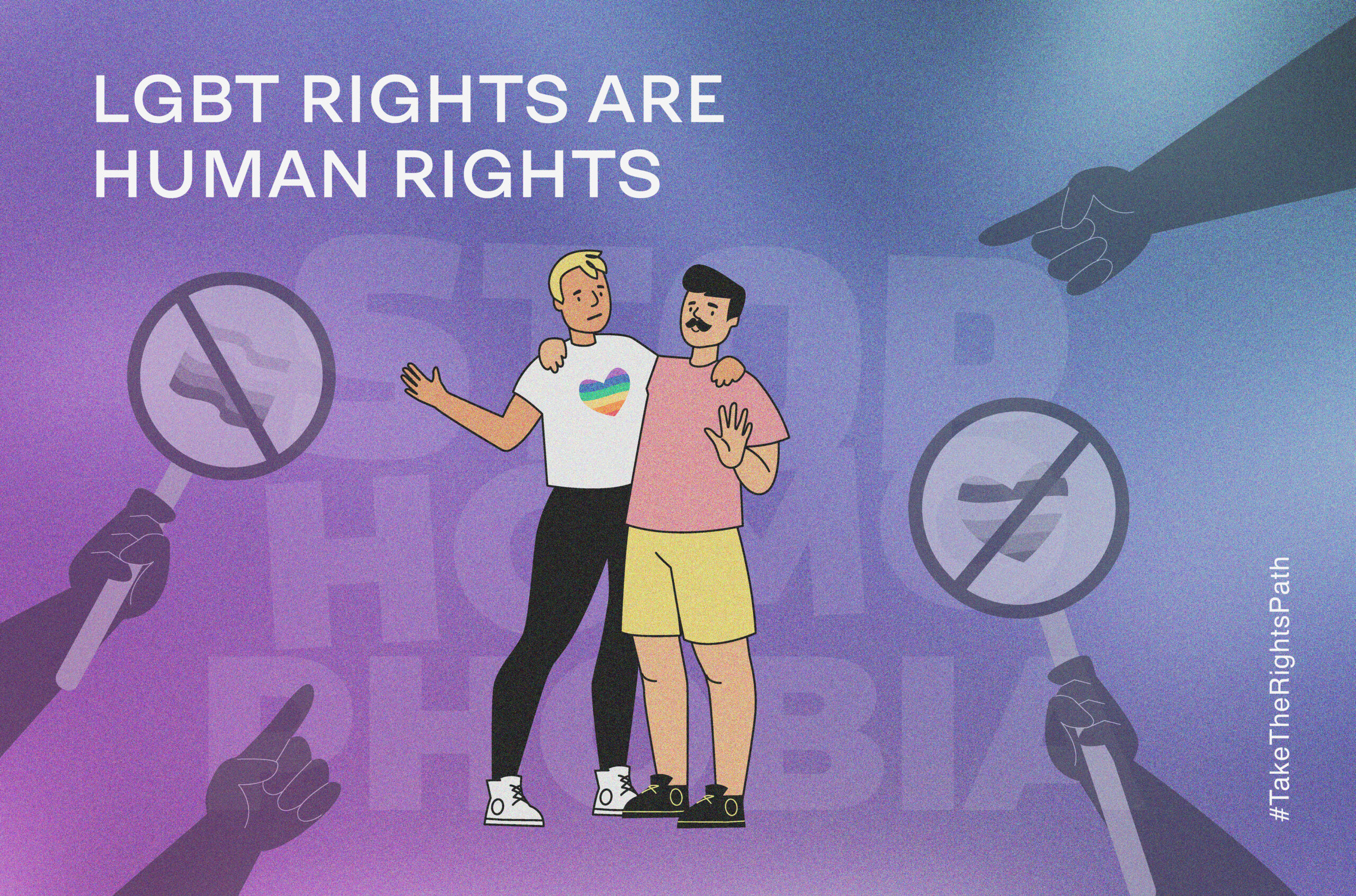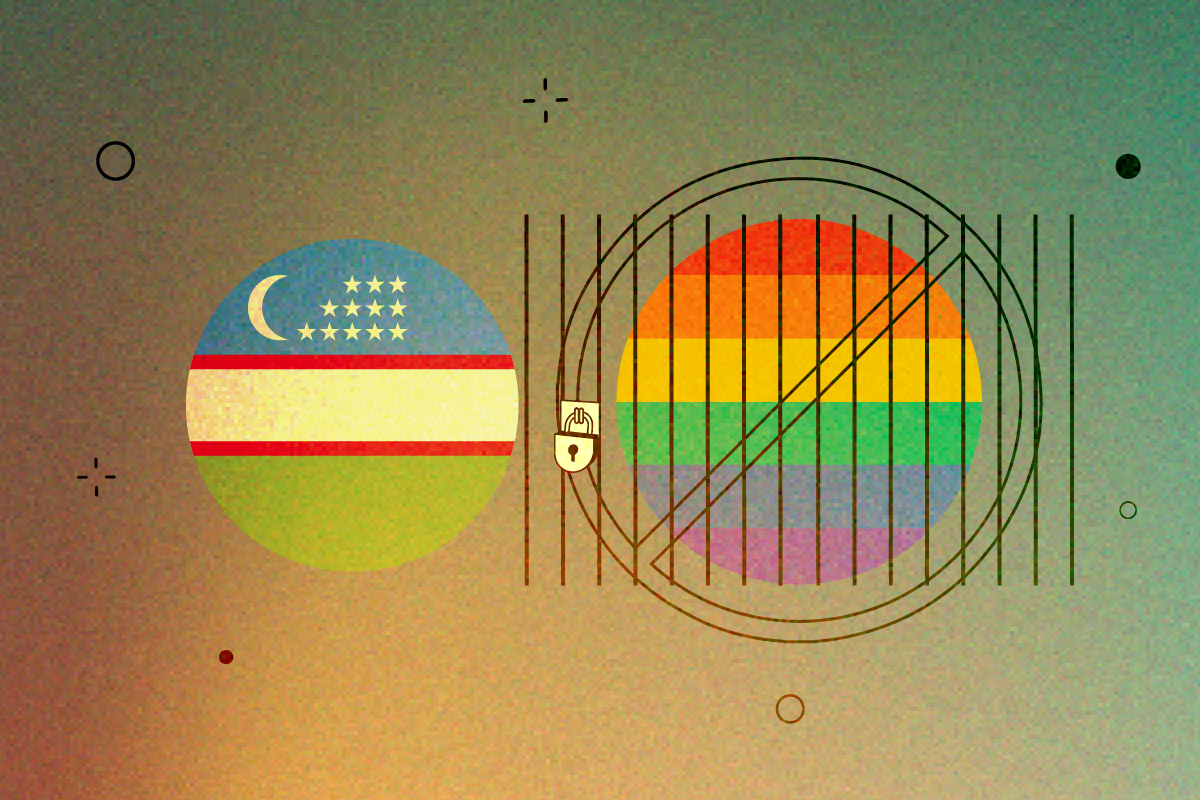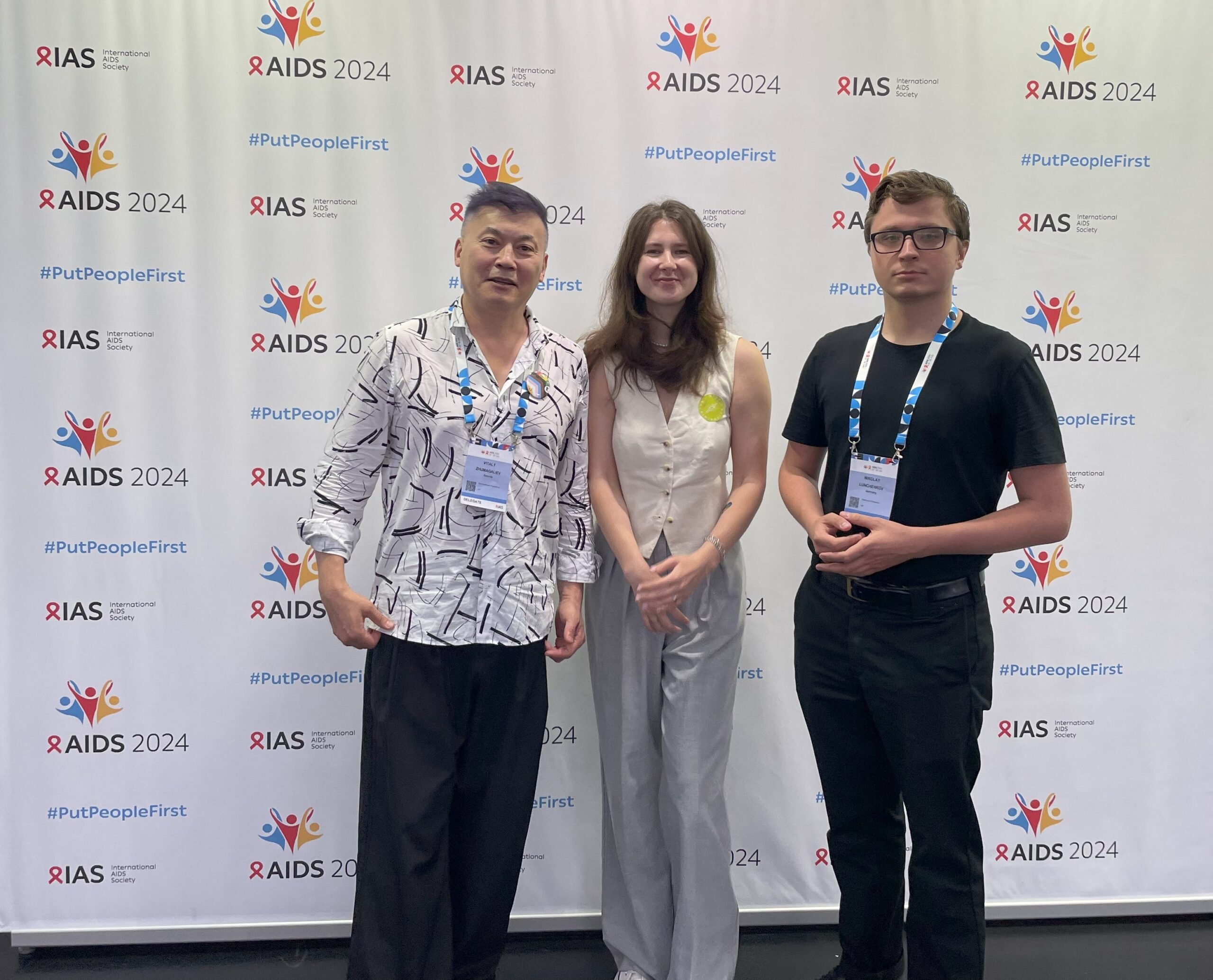ECOM continues publication of its analysis of national legislation related to LGBT rights and HIV in the countries of Eastern Europe and Central Asia in national languages.
An analysis on Uzbekistan was published earlier, and today we are pleased to present the analysis of national legislation in Azerbaijan in Azerbaijani.
When analyzing legal practices, judicial practice was taken into account, as well as reports of activists, information from organizations involved in documenting and protecting from human rights violations, press reports, and the reports of non-governmental organizations to international legal bodies.
Both legislation and law enforcement practices were analyzed for their compliance with international and European standards. An analysis of the recommendations received by Azerbaijan from international monitoring mechanisms and of their implementation by the country’s government was also carried out.
Primary data of the analysis:
- In 2000, the “anti-sodomy” law was repealed. Currently, the age of consent for engaging in sexual intercourse is 16, for both heterosexual and homosexual sex.
- In accordance with the Migration Code of the Republic of Azerbaijan, there are no restrictions on visits (entry and exit) for PLH in Azerbaijan. A medical certificate is not required for foreign citizens and stateless persons to obtain a visa in the Republic of Azerbaijan. At the same time, according to the Code, a foreign citizen or stateless person will not be issued a permanent or temporary residence permit “if he is a carrier of viral hepatitis B and C, HIV.”
- In 2018, a grant competition was held among NGOs whose activities are aimed at HIV prevention. As a result of the competition, 12 organizations were selected, including the PO “Gender and Development”, a non-governmental organization that provides services for MSM in Azerbaijan. The agreements were concluded for a period of 2.5 years.
- In 2017, for the first time, the state established a budget to support three HIV-service organizations working with vulnerable groups: PO “Fight against AIDS”, PO “Gender and Development”, PO “Clean World”. Funding is provided from state funds in the form of goods pledged by the Ministry of Health.
- There is no mention of so-called “gay propaganda” in the legislation of Azerbaijan. The topics of sexuality in general, and homosexuality in particular, are not publicly and openly discussed in society.
- The legislation of the Republic of Azerbaijan does not directly provide protection against discrimination for trans* people, however, the Criminal Code provides liability for violations of the principle of equality of citizens, which, in turn, includes acts of discrimination based on gender.
- Trans* people can change their legal gender on the basis of a court decision.
- Laws guaranteeing the freedoms of expression and assembly apply equally to all citizens of Azerbaijan, including representatives of the LGBT community. Despite the fact that there are laws that ensure the freedoms of expression and assembly, and while equality is theoretically guaranteed for everyone, in practice, representatives of the LGBT community are not able to exercise such freedoms on an equal basis with others.
- In October 2006, the Law on Ensuring Gender Equality was adopted in Azerbaijan. However, sexual orientation remains a basis for dismissal from work, as there is no protection against discrimination based on SOGI in the Labor Code.
- Azerbaijani legislation does not impose liability for hate crimes. However, along with the Constitution, which guarantees the right to equality, and freedom of thought and speech in Azerbaijan, there are a number of laws that provide liability for crimes motivated by national, racial, or religious intolerance or hatred. However, the research conducted shows that there continue to be gross violations.
- 22% of MSM in all cities reported having been subjected to repeated police violence or abuse.

